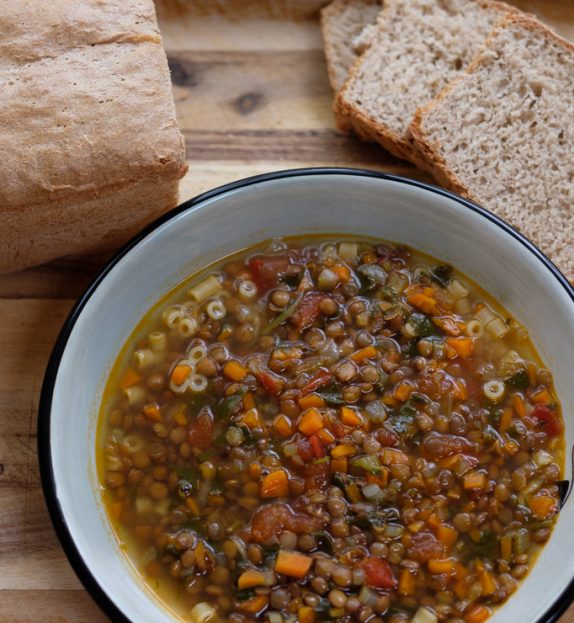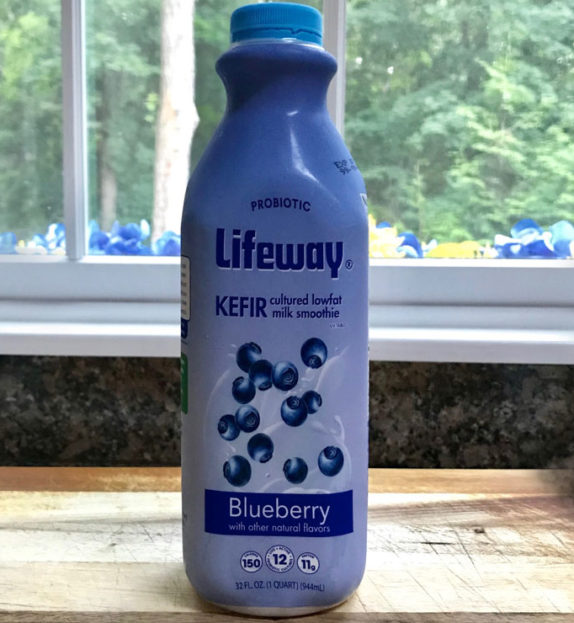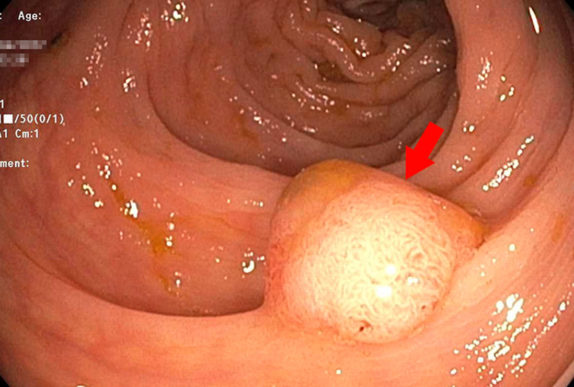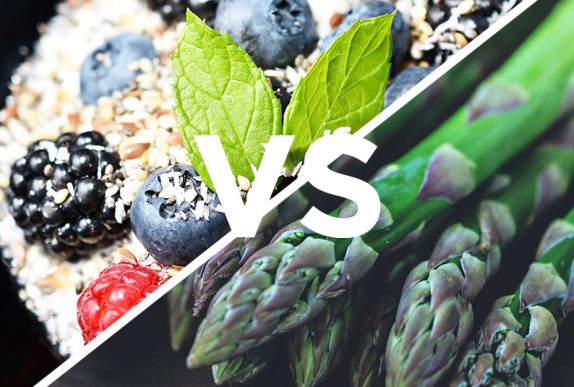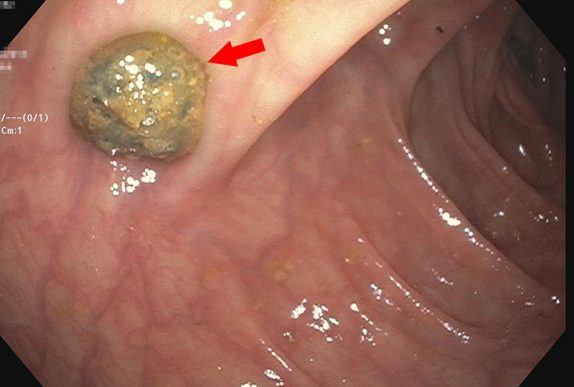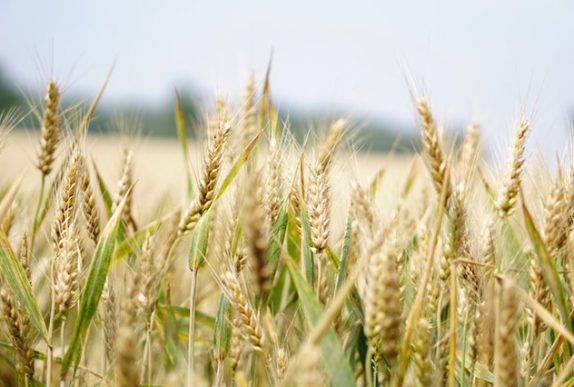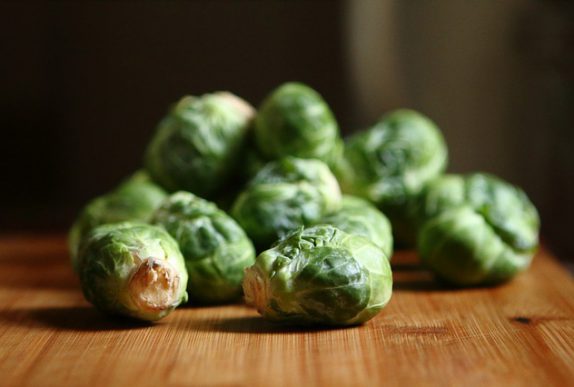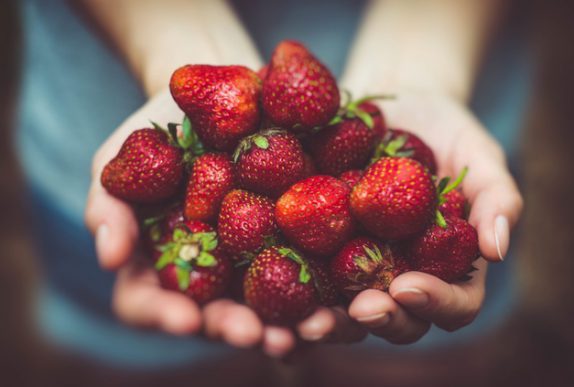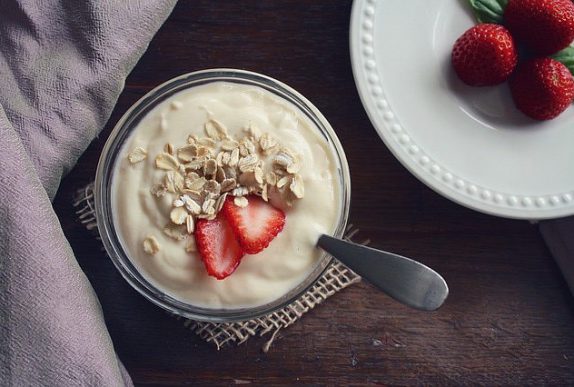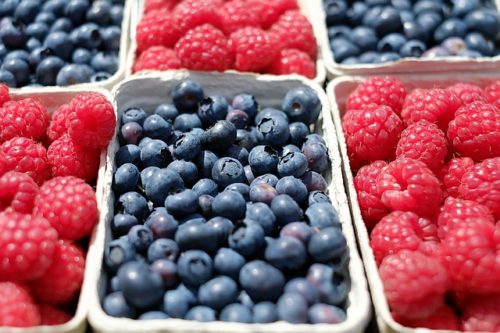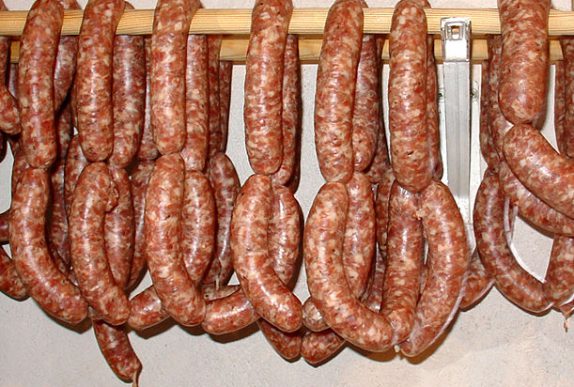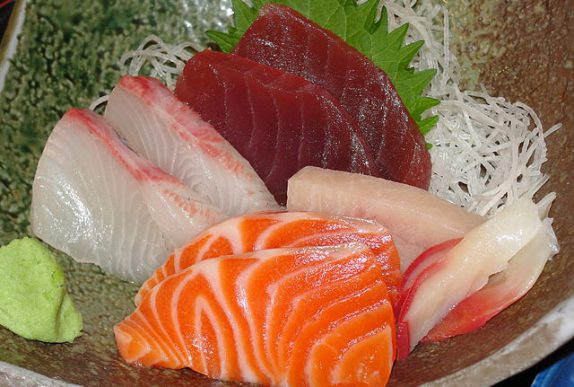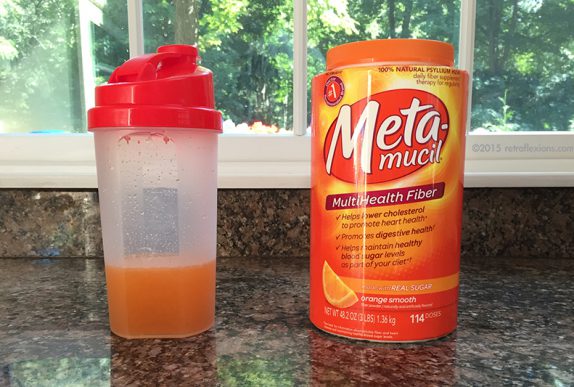It's time to embrace some of the old-fashioned ways again!
I made a list of six things that needed to happen if I was going to turn my life around. I was frustrated with my then-current work-life situation, and kept falling into the same bad patterns but couldn't figure out how to break the cycle. After constantly feeling like I didn't have time to exercise or eat right because I was too tired or spent, one day I literally looked in the mirror and had an epiphany...
Fermented foods are known as an excellent source of probiotics, and may have a variety of health benefits. Hard scientific data on these fermented foods is hard to come by however. Read about a recent study that suggests these foods may reduce the risk of colon cancer!
Roughly half of all cases of colon cancer (and by extension, colon polyps) are a result of modifiable risk factors. These are the things that you can control. If we know what these risk factors are, maybe we can make better choices...
Prebiotics and probiotics have become healthy buzzwords, but what is the difference between a prebiotic and a probiotic?
Do you need to avoid seeds, nuts, and popcorn if you have diverticulosis? Here are some real dietary changes you can make to avoid diverticulitis!
No one likes to talk about it, but everyone deals with constipation at one time or another. The good news is that there are a few simple changes that you can make to help your digestive system run smoothly.
Gas, bloating, belching- YIKES! Although these are normal parts of our digestion and bodily processes, too much can be uncomfortable and embarrassing! Read along as Clinical Dietician Nutritionist Stefani Pappas shares some tips on eliminating gas and bloating through diet.
Treatment for GERD may include medications, but there are some diet and lifestyle changes that can help alleviate symptoms. This doesn’t mean that you have to eliminate all of your favorite foods! Take a look at the tips below and pick a few of the items to make small modifications to your typical routine.
The American Institute for Cancer Research has estimated that about 45% of colorectal cancer cases could be prevented through a healthy diet, physical activity, and maintaining a healthy weight! This provides tremendous incentive for us to take control of our lifestyle habits and make a positive change.
Most of these probiotic-rich foods are easy to find and add to your diet. Start by picking one or two of these foods to incorporate as a snack or part of a meal.
The low FODMAP diet...It’s the new dietary approach for the bloating and belly cramps seen with irritable bowel syndrome (IBS).
So what does this all mean? Should you never eat red meat? Is this the end of the bacon cheeseburger? Of course not! When faced with information like this we really need to step back and look at the big picture. How much do you enjoy eating a juicy steak or a grilled hot dog on a warm summer day? What is the purpose of life? What is the lifetime mortality of someone who never eats red meat? (Hint: it's 100%.) Let's not forget that red meat is also an excellent source of protein, iron, B vitamins, and zinc...oh, and it tastes pretty good too!
So what are some take home points about meat intake in Crohn's disease? Red meat (beef, lamb, pork [yes pork too!]) can be though of as pro-inflammatory foods. It is reasonable to limit consumption of red meat to once or twice per week at most. Fish is probably a good alternative to red meat. These recommendations are based on very limited, low-quality data. Sometimes this is better than no data at all!
I find that using a shaker bottle really helps to quickly mix the fiber with water, and also allows for easy re-mixing after you start drinking. These shaker bottles are usually marketed for bodybuilders as a quick and portable way to mix protein powder
Subscribe To Our Newsletter!
Make sure to never miss a post by subscribing!
